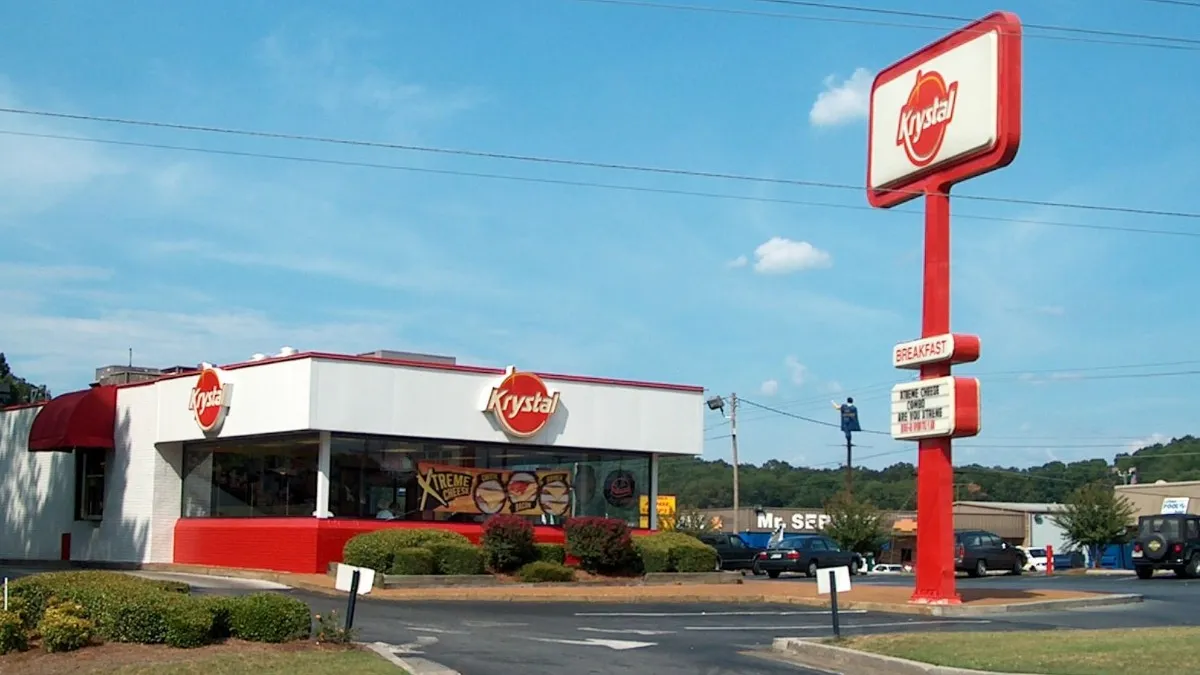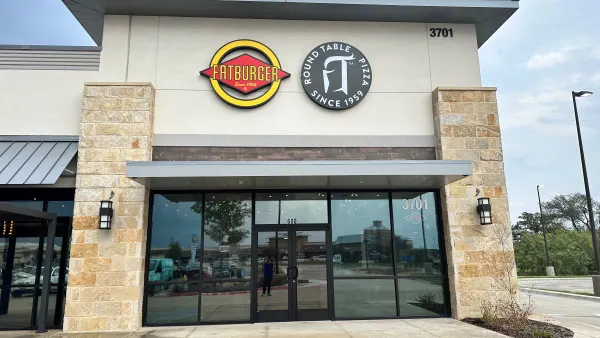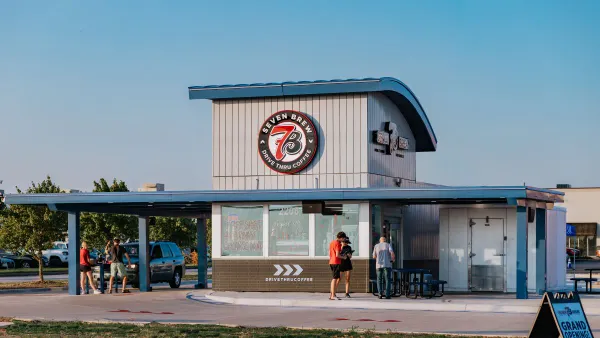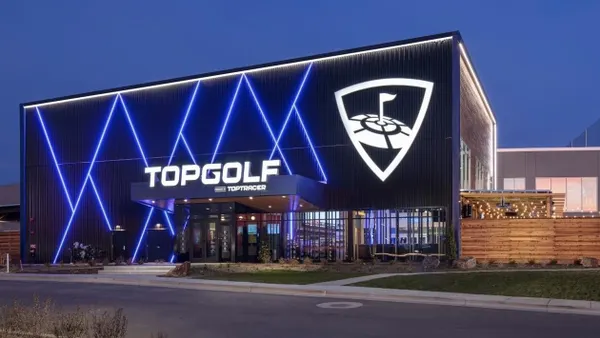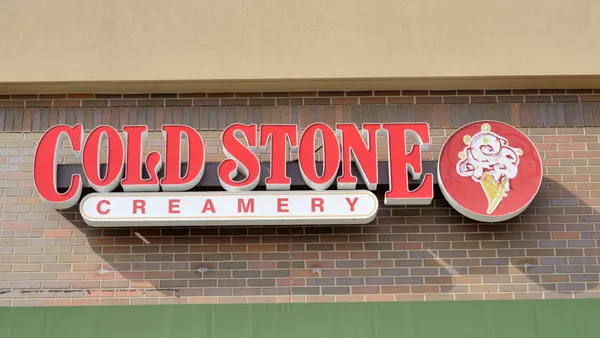Dive Brief:
- Fortress Investment Group acquired bankrupt Krystal for $48 million, according to Restaurant Business. Fortress, one of Krystal’s senior lenders, bought the company with $27 million in debt and is assuming $21 million in liabilities.
- The 300-unit fast food chain filed for bankruptcy in January with $65 million in secured debt. It also closed 44 units in December.
- The company’s sales have declined 16% and its average unit volumes are down about 12% since 2014.
Dive Insight:
Merger and acquisition activity is going to look a lot different this year due to the economic downturn following the novel coronavirus pandemic. Distressed companies like Krystal will likely be among the only companies to see bidders, if at all. Boston Market, which had been dealing with sluggish sales and store closures for years, was acquired by Engage Brands in April. Others have sought rescue financing, such as The Cheesecake Factory, which received a $200 million investment from Roark Capital, and Dave & Buster’s, which got funding from Jeffries.
“There’s going to be a lot of restructuring activity that may involve M&A, distressed M&A or consolidation plays through bankruptcy,” Josh Benn, managing director and global head of consumer, food, restaurant and retail M&A at Duff & Phelps, told Restaurant Dive. “But for now, any company that didn’t have to do a deal, particularly in the full-service space, is pressing pause.”
TGIF Holdings' deal with Allegro Merger Corp. was canceled due to the current market conditions, for example.
A lot of traditional funders of restaurant companies, such as private equity firms, are dealing with their portfolios and have less bandwidth and less interest in exploring new deals, Benn said.
Even Krystal’s deal saw a decrease in interest from bidders, with Fortess’ bid the only one received by deadline. Many potential bidders backed away from the deal following the impact of the pandemic from dining room closures and subsequent sales declines, according to Restaurant Business.
Krystal has been having problems for years, despite pushing various strategies meant to bolster sales, including all-you-can-eat offers and a scrape-and-rebuild remodel. Many of its units are over 40-years-old and struggled with integrating third-party delivery into operations, with some restaurants never receiving orders due to Wi-Fi issues. Given the age of its units, then CEO Paul Maculuso said in 2019 that the company would remodel 75 to 100 of its restaurants over five years with updated kitchens, layouts and drive-thrus that allow for additional capacity.
But that didn’t seem to be enough. In October, the chain said it would sell 100 to 150 company-owned units to well-capitalized multi-unit operators as part of a refranchising initiative. Maculuso left the company a month later amid a shake up in its C-suite, which also included the addition of a chief operating officer and a new CFO.
Given the economic downturn within the restaurant industry, which has suffered over 8 million job losses, more distressed acquisitions or deals will likely occur this year.



